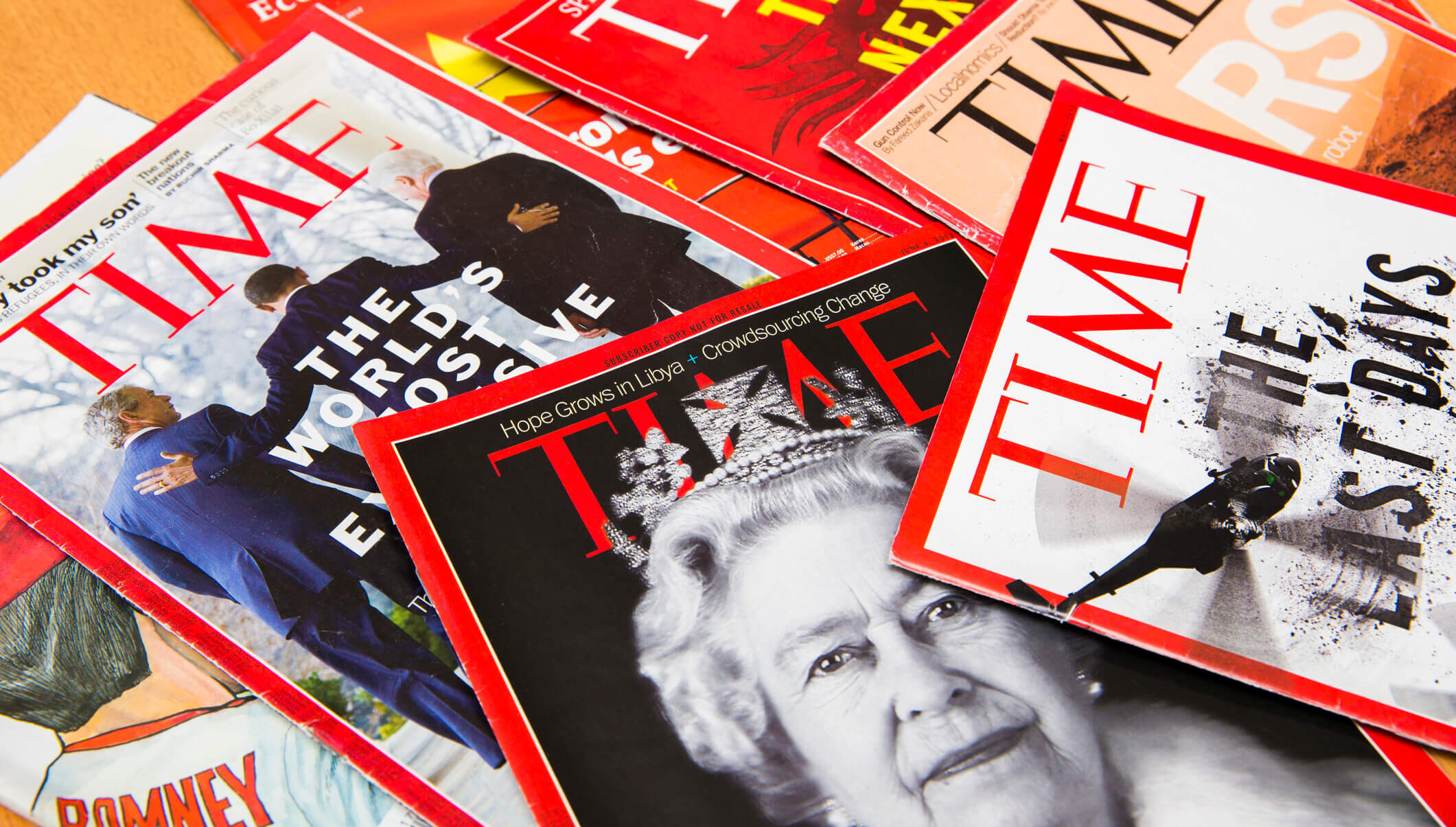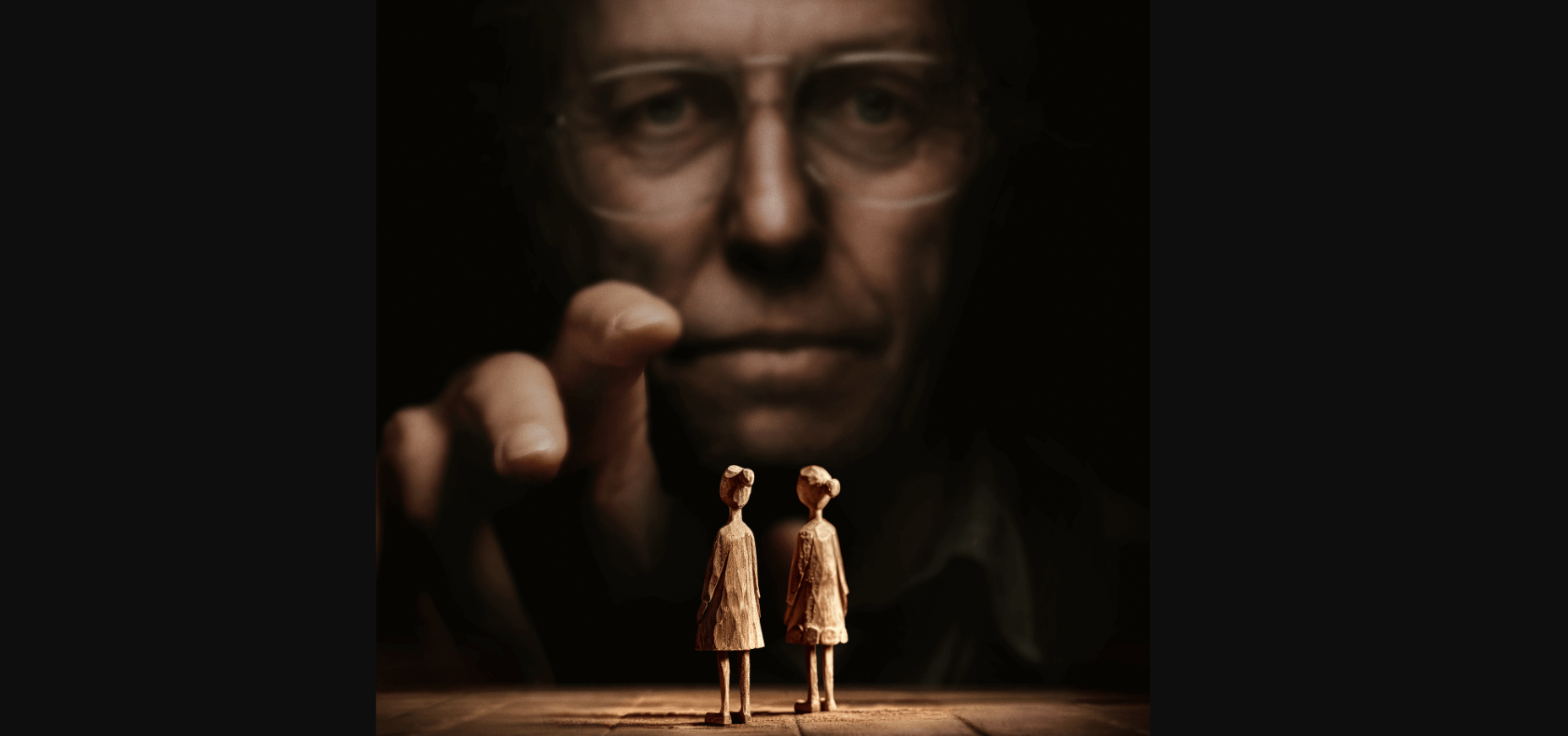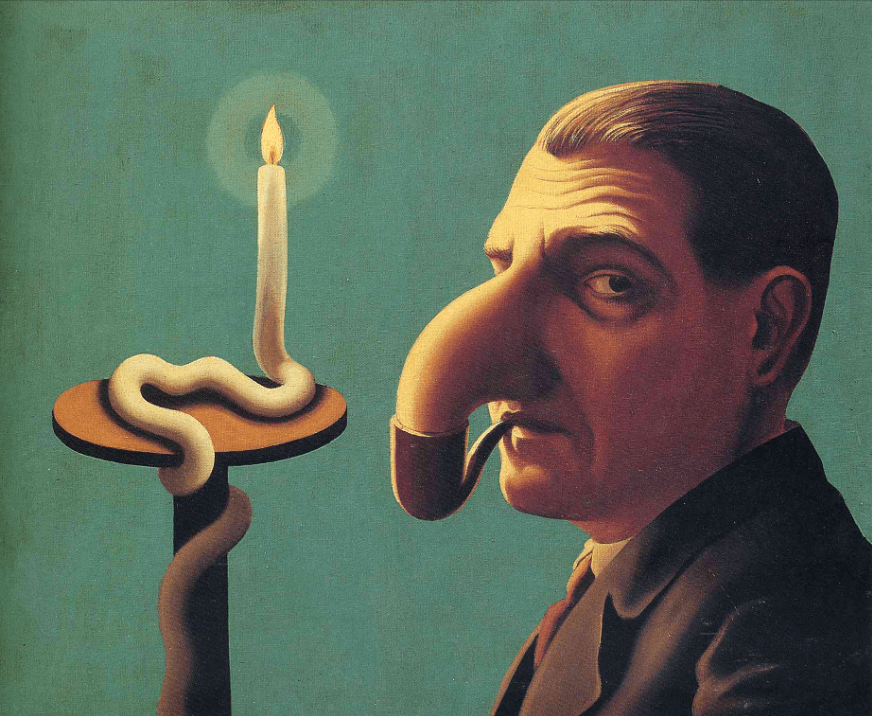This review appears in the Winter 2019 issue of Modern Age. To subscribe now, go here.
Gorbachev: His Life and Times
By William Taubman
(W. W. Norton, 2017)
What happens when a humane, sophisticated, and liberal man reaches the heights of power in a totalitarian state? This is the central, though hardly the only, paradox of the life and character of Mikhail Gorbachev. “Gorbachev is hard to understand”—Gorbachev’s own words—stand at the beginning of William Taubman’s new biography, and to some degree haunt it. Gorbachev: His Life and Times provides a wealth of information about the man’s life, but its subject remains in many ways as sphinxlike as before, his thoughts, statements, and actions well-documented, but his psychology, thought processes, and deepest motivations obscure.
As a youth, Gorbachev was recognized for special energy, intelligence, and charisma, earning one of the USSR’s highest civilian honors in his teenage years. An outstanding Party activist, he became one of the Soviet Union’s youngest regional Party leaders (and an ex officio Central Committee member) at 39 in 1970. Personally, he attacked his duties with energy and relished the opportunity to engage with normal people. Professionally, he insisted on competence and performance, eschewing the drunkenness, womanizing, and petty corruption typical of his fellow Party bosses. Intellectually, he formed part of the so-called Sixties Generation, which nursed memories of Khrushchev’s thaw amid the Brezhnevian winter. He and his wife, Raisa, were conscientious self-educators, assembling in their provincial apartment a library of Marxist classics, books by flaky Eurocommunists, and controlled-circulation (even forbidden) works by the likes of Andrei Sakharov. Gorbachev discussed the ideas of the Prague Spring with his university friend Zdeněk Mlynář, by then an adviser to Czechoslovak reform communist Alexander Dubček, at home in Stavropol in 1967—just one year before pronouncing a formulaic denunciation of Dubček’s reforms as Soviet tanks ruined the cobblestones of Prague.
How, if at all, were Gorbachev’s liberal leanings reconciled with the Marxist-Leninist communism he publicly professed, apparently believed in privately, and that either way defined his career? Was he lucid about the possibility that there were deep contradictions in his own thought? One wonders what mix of cognitive dissonance and dissimulation stirred in his mind. Perhaps even Gorbachev didn’t know what he thought. Political dissidence that remains covert and unpracticed is shielded from scrutiny and the challenge of open debate—and can thus remain imprecise and captive to wishful thinking. There is certainly profound irony in the fact that Gorbachev’s rapid ascent through the power structure of the Communist Party happened largely because of the belief of Yuri Andropov and other top-ranking leaders that he was the ideal Soviet Man, the best specimen their system could produce.
Taubman notices and identifies these paradoxes but fails to resolve them, theorize them, or even sometimes zero in on what’s important. Gorbachev’s preference for gradualism, for instance, was his “sharpest break of all with tradition—not only with the Bolsheviks’ bloody way of doing things but with other Russians’ belief, both before 1917 and after 1991, that glorious ends justify the most repugnant means. His great insight was to realize that means that don’t prefigure admirable ends will all too often compromise and contaminate those ends.” Sheer verbosity nearly distracts from the fact that the idea that ends do not justify means is not a “great insight” but an ethical commonplace, unusual only in being, in this case, espoused by a man who was socialized and educated in and then himself held power in a state where genocide and mass murder had been accepted tools of state policy during his own lifetime.
When he succeeded a string of ailing gerontocrats to the position of general secretary of the Communist Party in 1985, Gorbachev’s first televised speeches so stunned the Soviet public with their vigor and cogency that recordings sold on the black market. He came to power vowing to “go far” to fix the Soviet Union’s stagnating economy, political stasis, imperial overreach, and pervasive corruption. Within the Kremlin walls, Gorbachev was (as penetratingly described by his aide Anatoly Chernyaev) “a politician with enormous self-confidence, master of the art of leading, winning over and subduing.” Those noble-sounding words encompass everything from visionary leadership to shocking dominance games like the five-hour Central Committee plenum in which Gorbachev presided over the ritual humiliation of his unstable rival Boris Yeltsin. Gorbachev, the liberal anomaly, wielded quasi-dictatorial power over a Politburo and Central Committee of cowed but essentially hostile communists, many working actively to undermine him behind the facade of “democratic centralist” unanimity. Most of his accomplishments involved forcing them into agreeing to essentially uncommunist things, including aggressive reductions in the size of the Party apparatus, abrupt alterations to the command economy, and the formation of a freely elected national parliament with “President” Gorbachev as its head.
The Soviet Union as a whole was profoundly unsettled. Taubman gives a rare glimpse of the mood of the demos when he describes the panic that ensued when a major Soviet newspaper printed a low-ranking Party member’s denunciation of perestroika to no immediate reaction from the Gorbachev team. The “Nina Andreyeva Letter” (discovered and promoted by Gorbachev’s enemies in the Politburo) was assumed to be the first salvo in a neo-totalitarian counterattack. By the time Gorbachev returned from a trip abroad and made his disagreement known, reform-minded intellectuals had already begun making plans for “underground opposition.” That a single letter held such weight illustrates how truly foreign the Soviet political regime was compared to what we are familiar with. Political capital, that cocktail of strength, credibility, momentum, and intimidation that political pundits love to discuss, actually was the fuel that this undemocratic system ran on.
Still, Taubman’s story too often gravitates to the dachas and villas where Gorbachev, the heroic thinker, dictates speeches, books, and programs to his scribes. What about developments within the unfathomably large corporation known as the Soviet economy? In another book, central planner Gennadi Zoteyev notes that “trends and phenomena were recognized but their reasons were either swept under the rug or discussed implicitly, while the suggested solutions represented mostly a set of tautologies.” Central Committee economic official Vladimir Mozhin observes: “Gorbachev did not have a well-thought-out alternative model of the socioeconomic system, still less specific methods for moving toward it. He spoke in generalities, and his suggestions remained within the existing system.” Meanwhile, in the corridors of the state and Party bureaucracies, “within-system dissidents” like Andrei Kovalev went ahead and, in his words, “without any formal arrangements or publicity, but in full knowledge of what they were doing, [did] what they thought was right, using their positions and influence to change the Soviet system.”
Even for a reader ready to suspend doubt about the prospects, even the possibility, of a liberal reform of communism, Gorbachev is hard to understand. He threw incredible energy into amazingly vague projects—from “acceleration” to the all-encompassing perestroika, or “restructuring.” His glasnost, or “openness,” was the most passive and the most successful. Like many who succeed mediocrities in power, he was tempted by the idea that success required only goodwill, energy, and basic competence (not doing “stupid shit”). His notion of socialism remained vague, too, reminiscent of the aspirational usage of the term that signifies a moral horizon more than any specific program. “What are we afraid of—the people? If so, that’s not socialism,” Gorbachev snaps, and we hear an echo of Leszek Kołakowski’s satirical voice: “Socialism is a system that . . . But what’s the point of going into all these details?”
It is worth considering that Gorbachev was a Great Man with not-so-great ideas. In How the Soviet Union Disappeared, Wisła Suraska proposes that the Eurocommunists and Western social scientists whose writings Gorbachev consumed in the Central Committee International Department’s classified reprints had a distinctly damaging effect on his political judgment. All the well-meaning convergence-theory guff about how the problems of capitalist and socialist nations were essentially the same, Suraska argues, made him fatally overestimate the ease of reforming the Soviet Union. Gorbachev’s weakness for “philosophical generalization” (the quality he claims attracted him to Lermontov as a teenager) and his lifelong identification with the Soviet system seems to have hindered his understanding of the nuts and bolts (and worse) of the regime. Rather than being seriously reconsidered, the belligerent, rigid dogma of Marxism-Leninism was replaced by the pleasant nonsense of global-interdependence theory and common human values. Those who seek to implement a new paradigm should take care that it is at least internally coherent.
By 1989, things were noticeably coming apart. The Party, still Gorbachev’s only real power base, was descending into dysfunction and open factional warfare. The Congress of People’s Deputies was a televised rodeo—and most decidedly not the new focus of political power in the country. The semi-liberalized command economy was beginning to collapse, while ethnic unrest and nationalism were starting to unknit the very territory of the Soviet Union. With Party and state disintegrating, Gorbachev was still attempting to manage everything through his too-numerous roles and too-voluminous speeches.
Gorbachev’s most lasting accomplishments—those for which we still owe him gratitude—were in the field of foreign policy, perhaps because it was a realm in which personal relationships counted for so much, and perhaps because his accomplishments were mostly negative—limiting missiles, withdrawing troops, abandoning vassals. The high-tension summits between Gorbachev and his American, British, and German counterparts catch Taubman’s scene-writing fancy (“BINGO!” he writes at one breakthrough), and he is fascinated by the rapport that Gorbachev had with Ronald Reagan, as well as by the similarities in their natural qualities of leadership and their personal lives.
Faced with the insurmountable task of reforming the Soviet Union, Gorbachev made decisions that were immensely beneficial to the world while also destroying the regime he controlled. Not only as a governor, but probably even as a statesman, Gorbachev failed. So how can his accomplishments, so immense and so obvious, be memorialized? Andrei Kovalev writes: “Gorbachev and the very tight circle of his comrades in arms—notably Eduard Shevardnadze, Alexander Yakovlev, and a few others—performed the dirty work of cleaning out the Augean Stables of totalitarianism.” And for that, he deserves a place in legend. ♦
Joshua Dill is a writer in Washington, D.C.
Founded in 1957 by the great Russell Kirk, Modern Age is the forum for stimulating debate and discussion of the most important ideas of concern to conservatives of all stripes. It plays a vital role in these contentious, confusing times by applying timeless principles to the specific conditions and crises of our age—to what Kirk, in the inaugural issue, called “the great moral and social and political and economic and literary questions of the hour.”
Subscribe to Modern Age »












